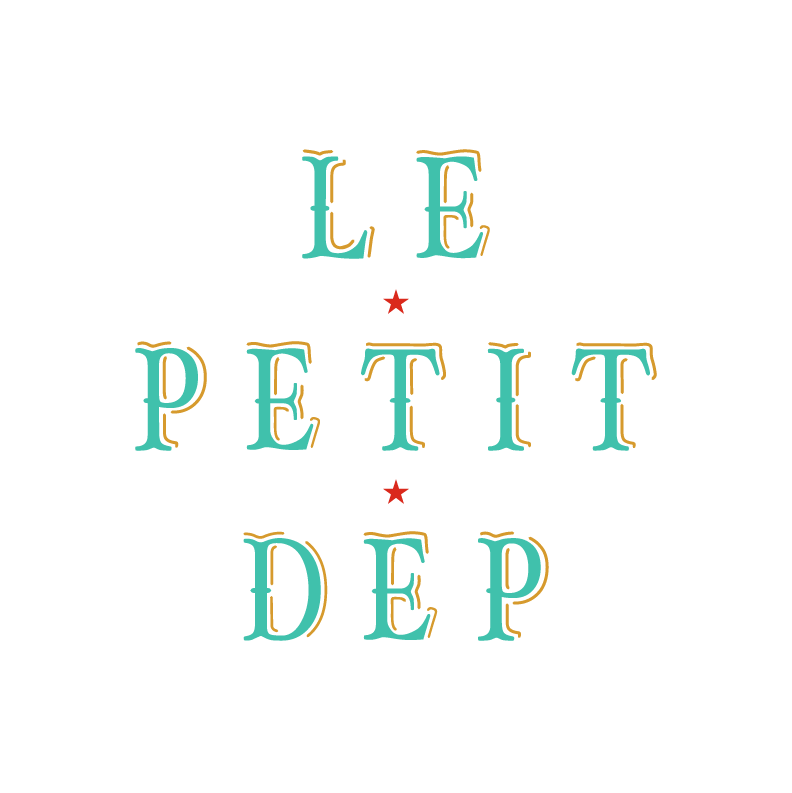The History of Coffee in Montreal: From European Origins to Third Wave Cafés
Montreal is much more than a city. It's a metropolis where culture and flavors meet, especially over a cup of coffee. Every neighborhood, every street corner seems to have its own favorite café, a place where Montrealers gather to chat, work or simply enjoy a moment of relaxation. Behind every cup of coffee served in Montreal is a rich history of tradition, passion and craftsmanship that goes back centuries.
Today, we invite you to explore the history of coffee in Montreal, from its European-influenced beginnings to the specialty cafés and ethics of third-wave roasters.
The Origins of Coffee in Montreal: First Cups and European Influences
The history of coffee in Montreal began in the 18th century, when the city was still part of the French colony. At the time, coffee was a precious commodity imported from Europe, mainly France and Italy. Considered a luxury product, it was reserved for the elite, who enjoyed it in private salons or at social gatherings.
It wasn't until the 19th century that coffee began to be democratized, but it was in the 1950s-1970s that Montreal saw a real explosion in its coffee culture. The first influences came from European immigrants, particularly Italians and Portuguese, who brought with them their coffee traditions, as well as a love of espresso.
The Years 1950-1970: The Rise of Montreal's Italian Cafés
After the Second World War, Montreal welcomed a large wave of Italian immigrants. It was they who introduced the culture of espresso, a quick, intense drink served in small cups. These immigrants opened cafés all over the city, but especially on Saint-Laurent Street, which quickly became an epicenter of Italian culture and coffee.
These cafés were more than just places to drink coffee. They quickly became places where people met, debated and exchanged ideas, rather like the literary cafés in Paris at the same time. Everything was discussed: politics, sports, culture and, of course, coffee. Espresso is the star of these establishments, often taken standing at the counter, in the purest Italian tradition.
The 1990s: The Emergence of Specialty Cafés
The 1990s marked an important turning point for Montreal's café scene. While traditional Italian cafés continued to flourish, a new generation of cafés emerged. Inspired by North American trends, these establishments focused on bean quality, different roasting methods and, above all, the customer experience.
The young entrepreneurs of the time were looking to create a new relationship between consumers and coffee. They wanted to offer more than just espresso or filter coffee; they introduced cappuccinos, lattes and a growing variety of coffee-based drinks. This period also saw the emergence of cafés as places to work or relax, with spaces designed to welcome students, freelancers or simple strollers.
Le Café de Troisième Vague: A Revolution in the Cup
The third wave of coffee, which arrived in Montreal in the 2000s, represents a veritable revolution. Whereas traditional coffees focused on preparation, this new generation of coffees goes even further, emphasizing the origin of the beans, their ethical production, and the art of roasting.
The concept of the third wave of coffee is based on the idea that coffee is not just a commodity, but an artisanal product. Coffees of this era begin to talk about traceability, i.e. knowing exactly where the beans come from, who grew them, and how they were harvested. This ensures that the product is not only high quality, but also ethical and sustainable.
Montrealers, always open to new trends, quickly adopted this new way of consuming coffee. Alternative brewing methods, such as pour-over oraeropress, are becoming popular, and coffee lovers are looking for more complex and refined taste experiences.
The Role of Local Craftsmen in Coffee Growing
One of the keys to the success of Montreal's third wave is the emphasis on local artisans. More and more independent roasters are springing up, and these enthusiasts are becoming the invisible heroes of the coffee scene. They roast beans from all over the world, but pay particular attention to the sustainable practices and ethics of their suppliers.
Companies like Kittel, Dispatch Coffee and Saint-Henri Micro-Roasters play a crucial role in offering exceptional coffees and educating consumers about the importance of traceability and fair trade. These local roasters are the backbone of the Montreal coffee scene, supplying beans to numerous cafés while maintaining an artisanal, environmentally-friendly approach.
Current Trends: Innovation and Tradition
Today, Montreal's coffee scene is a perfect balance of innovation and tradition. On the one hand, there are still Italian cafés serving classic espressos with a recipe that has remained unchanged for decades. On the other, newer cafés offer drinks such as oat milk lattes, cold brews and cold-brewed coffees.
Brewing methods have also evolved, with coffee bars offering bespoke experiences, where each cup is prepared by hand, with meticulous attention to detail. Consumers have also become more discerning, looking for coffees that not only offer a good drink, but are part of a global movement for sustainable development and fair trade.
A History in Constant Evolution, Thanks to You
The history of coffee in Montreal is an adventure in constant evolution. From Italian espresso to local roasts, North American trends and the third wave, this city has made coffee culture its own, while giving it a unique touch.
This history continues to be written day after day, thanks to coffee enthusiasts, local artisans and you, the consumer, who are always looking to discover new flavors and support sustainable practices. So, whether you're a fan of a quick coffee on the go or a long tasting session in a neighborhood café, know that every cup is part of this rich Montreal tradition.



